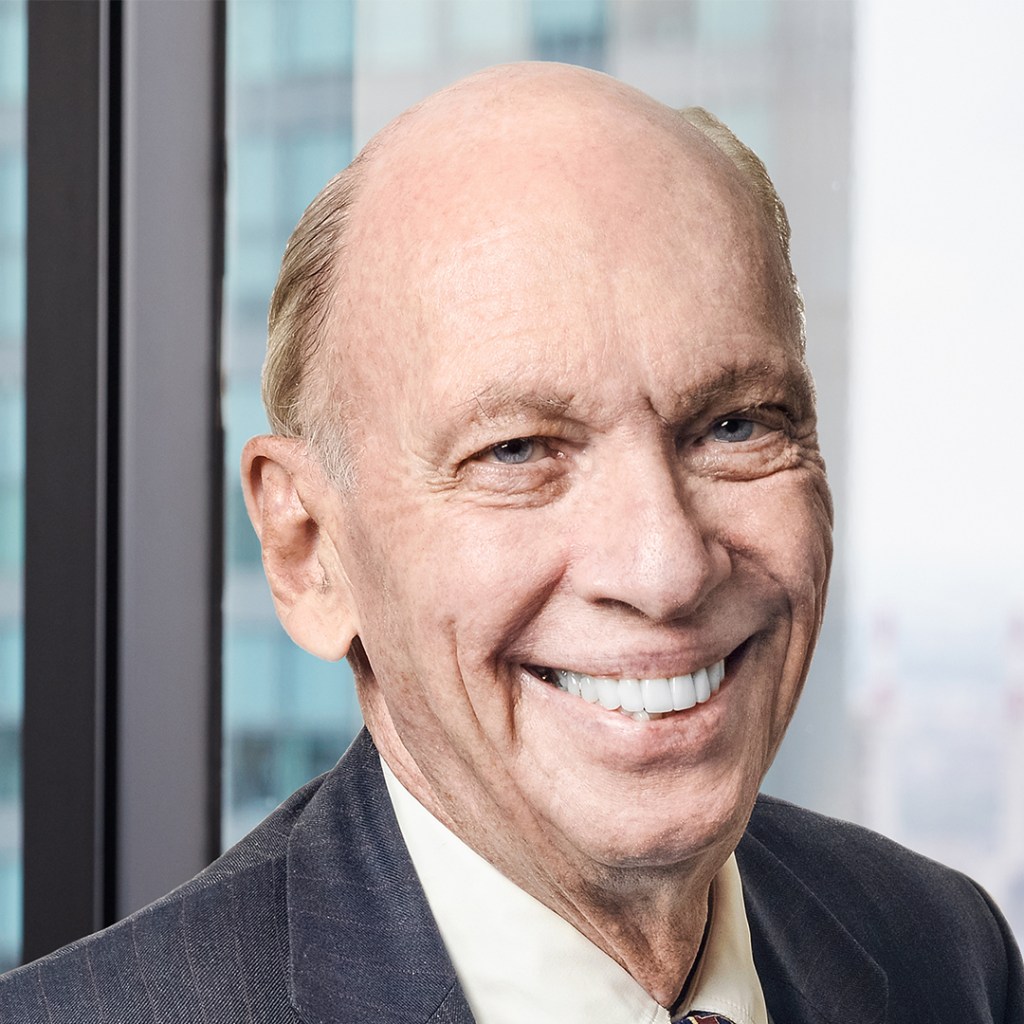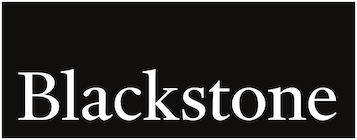Byron Wien’s 20 Life Lessons
I was scheduled to speak about the world outlook at an investment conference in 2012, and shortly before my time slot, the conference organizer said the audience was more interested in what I had learned over the course of my career than what I had to say about the market. I jotted a few notes down and later expanded and edited what I said that day. Others have since encouraged me to share my thoughts with a broader audience. In the decade since, I have come back to them time and again to test their resonance and staying power, and find them still broadly applicable.
Here are some of the lessons I learned in my first 80 years, which I continue to practice as I enter my 90’s.
- Concentrate on finding a big idea that will make an impact on the people you want to influence. The Ten Surprises, which I started doing in 1986, has been a defining product. People all over the world are aware of it and identify me with it. What they seem to like about it is that I put myself at risk by going on record with these events, which I believe are probable and hold myself accountable at year-end. If you want to be successful and live a long, stimulating life, keep yourself at risk intellectually all the time.
- Network intensely. Luck plays a big role in life, and there is no better way to increase your luck than by knowing as many people as possible. Nurture your network by sending articles, books and emails to people to show you’re thinking about them. Write op-eds and thought pieces for major publications. Organize discussion groups to bring your thoughtful friends together.
- When you meet someone new, treat that person as a friend. Assume he or she is a winner and will become a positive force in your life. Most people wait for others to prove their value. Give them the benefit of the doubt from the start. Occasionally you will be disappointed, but your network will broaden rapidly if you follow this path.
- Read all the time. Don’t just do it because you’re curious about something, read actively. Have a point of view before you start a book or article and see if what you think is confirmed or refuted by the author. If you do that, you will read faster and comprehend more.
- Get enough sleep. Seven hours will do until you’re sixty, eight from sixty to seventy, nine thereafter, which might include eight hours at night and a one-hour afternoon nap.
- Evolve. Try to think of your life in phases so you can avoid a burn-out. Do the numbers crunching in the early phase of your career. Try developing concepts later on. Stay at risk throughout the process.
- Travel extensively. Try to get everywhere before you wear out. Attempt to meet local interesting people where you travel and keep in contact with them throughout your life. See them when you return to a place.
- When meeting someone new, try to find out what formative experience occurred in their lives before they were 17. It is my belief that some important event in everyone’s youth has an influence on everything that occurs afterwards.
- On philanthropy, my approach is to try to relieve pain rather than spread joy. Music, theatre and art museums have many affluent supporters, give the best parties and can add to your social luster in a community. They don’t need you. Social service, hospitals and educational institutions can make the world a better place and help the disadvantaged make their way toward the American dream.
- Younger people are naturally insecure and tend to overplay their accomplishments. Most people don’t become comfortable with who they are until they’re in their 40’s. By that time, they can underplay their achievements and become a nicer, more likeable person. Try to get to that point as soon as you can.
- Take the time to give those who work for you a pat on the back when they do good work. Most people are so focused on the next challenge that they fail to thank the people who support them. It is important to do this. It motivates and inspires people and encourages them to perform at a higher level.
- When someone extends a kindness to you write them a handwritten note, not an e-mail. Handwritten notes make an impact and are not quickly forgotten.
- At the beginning of every year think of ways you can do your job better than you have ever done it before. Write them down and look at what you have set out for yourself when the year is over.
- The hard way is always the right way. Never take shortcuts, except when driving home from the Hamptons. Shortcuts can be construed as sloppiness, a career killer.
- Don’t try to be better than your competitors, try to be different. There is always going to be someone smarter than you, but there may not be someone who is more imaginative.
- When seeking a career as you come out of school or making a job change, always take the job that looks like it will be the most enjoyable. If it pays the most, you’re lucky. If it doesn’t, take it anyway, I took a severe pay cut to accept each of the two best jobs I’ve ever had, and they both turned out to be exceptionally rewarding financially.
- There is a perfect job out there for everyone. Most people never find it. Keep looking. The goal of life is to be a happy person, and the right job is essential to that.
- When your children are grown or if you have no children, always find someone younger to mentor. It is very satisfying to help someone steer through life’s obstacles, and you’ll be surprised at how much you will learn in the process.
- Every year, try doing something you have never done before that is totally out of your comfort zone. It could be running a marathon, attending a conference that interests you on an off-beat subject that will be populated by people very different from your usual circle of associates and friends, or traveling to an obscure destination alone. This will add to the essential process of self-discovery.
- Never retire. If you work forever, you can live forever. I know there is an abundance of biological evidence against this theory, but I’m going with it anyway.
About Byron Wien

Byron Wien was Vice Chairman of Blackstone’s Private Wealth Solutions group where he acted as a senior adviser to both the Firm and its clients in analyzing economic, social and political trends to assess the direction of financial markets and thus help guide investment and strategic decisions.
The views expressed in this commentary are the personal views of Byron Wien and do not necessarily reflect the views of Blackstone Inc. (together with its affiliates, “Blackstone”). The views expressed reflect the current views of Byron Wien as of the date hereof, and neither Byron Wien nor Blackstone undertake any responsibility to advise you of any changes in the views expressed herein.
This commentary does not constitute an offer to sell any securities or the solicitation of an offer to purchase any securities. This commentary has not been provided in a fiduciary capacity under ERISA and should not be construed as research, investment advice, or any investment recommendation.
For more information about how Blackstone collects, uses, stores and processes your personal information, please see our Privacy Policy here: www.blackstone.com/privacy.
To recipients in the United Kingdom: this commentary has been issued by Blackstone Advisory Partners L.P. and approved by The Blackstone Group International Partners LLP, which is authorized and regulated by the Financial Services Authority. The Blackstone Group International Partners LLP and/or its affiliates may be providing or may have provided significant advice or investment services, including investment banking services, for any company mentioned or indirectly referenced in this commentary. The investment concepts referenced in this commentary may be unsuitable for investors depending on their specific investment objectives and financial position.
This commentary is disseminated in Japan by The Blackstone Group Japan K.K



